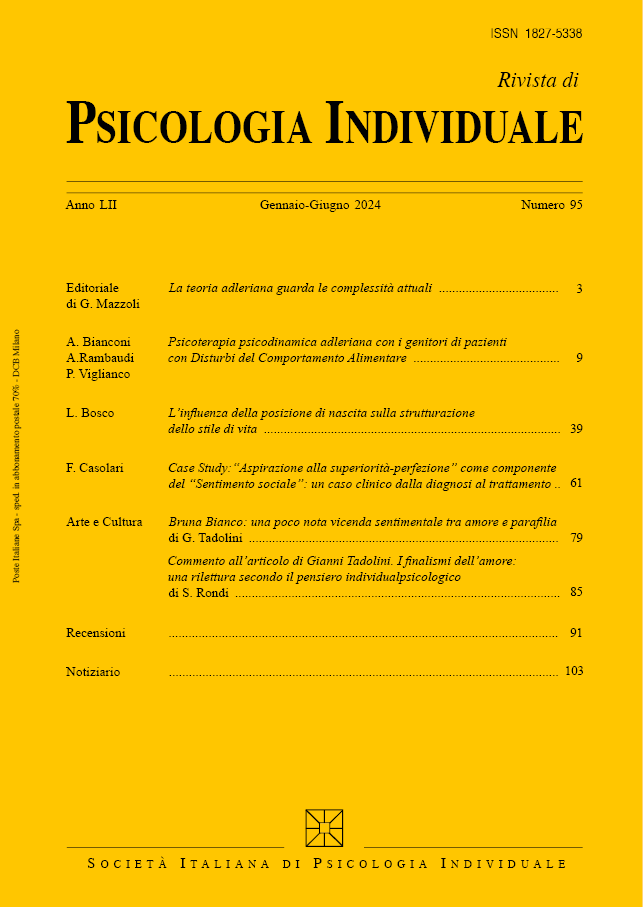The figure of the analytical psychotherapist and the problem of institutionalizing their cultural and professional training
Keywords:
difficult children, spoiled children, perfect child, body image, transactional object, encouragement, libidinal metabolismAbstract
1. Analytical psychotherapy and the problem of its epistemological foundation. Psychotherapy must derive its conceptual and methodological principles from all psychological disciplines whose cultural matrices are inseparable from the human sciences. It must also always be inspired by the principle of full respect for the autonomy of the patient's personality. The therapist's interventions will therefore always and exclusively be formal, which does not prevent the establishment of a transference relationship, the resolution of which is the fundamental requirement of any analysis. The systematic foundation of the intervention objectifies the historical process of dialectical personality formation, whereby the logic of the psychotherapeutic act can only be dialectical (Es-Ego, in Freud; feeling of inferiority-will to power, in Adler; individuation in Jung; transcendence in Jaspers, Heidegger, Binswanger, Boss).
2. The training of the analyst must include a. his or her personal analysis; b. a didactic analysis; c. comparison with other schools.
3. Institutionalization of psychotherapist training. Freudianism, reinterpreted in a Saussurean way by the reductionist linguistics of Lacan and Fornari, would seem suitable as a subject for university teaching, but this epistemological instruction should be preparatory to professional training provided by the various schools of analytical psychotherapy.
4. A scheme is proposed for how this could be carried out






